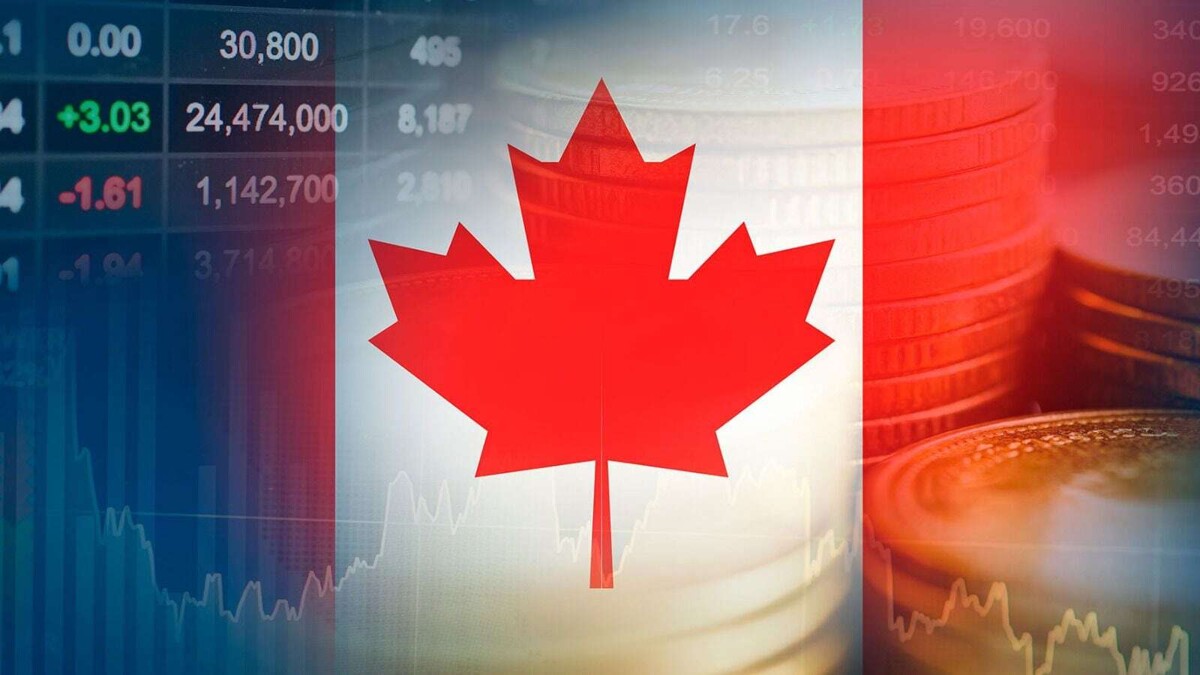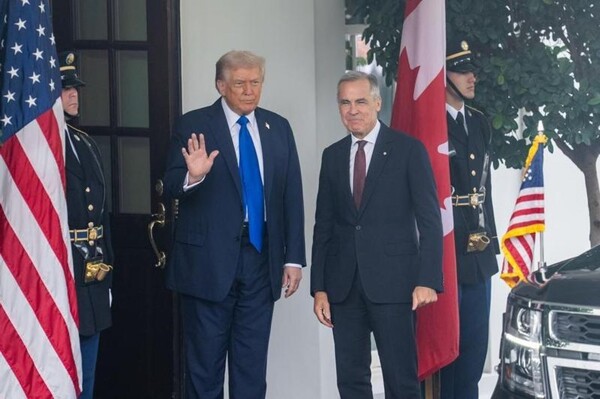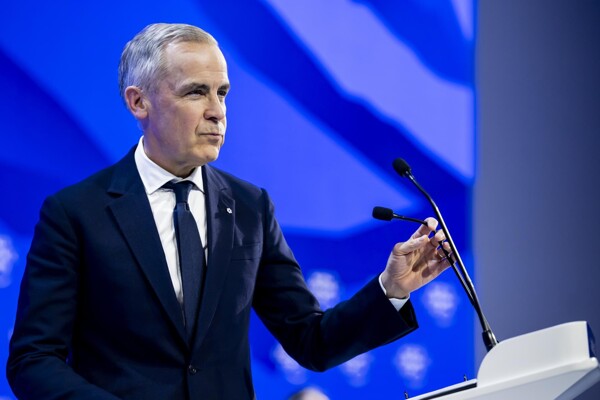
Economists warn that if tariffs are maintained, there will be an economic slowdown in Canada and an increase in prices. Sal Guatieri and Shelly Kaushik from the Bank of Montreal wrote that quarterly contractions can be expected, indicating a moderate recession. Moreover, they noted that inflation could rise due to countervailing tariffs and a weaker currency.
There is an estimated 95% probability that the Bank of Canada will reduce its official interest rate next week, given the combination of inflationary pressures and a slowing economy. The Canadian economy is heading toward a contraction, the first since the pandemic crisis if the tariff war with the United States continues.
The tariffs imposed by President Donald Trump could reduce Canada's GDP growth by 2 to 4 percentage points. There is uncertainty about the duration of this measure, as Trump has previously reversed his decision. Canadian retaliatory tariffs could increase in the coming weeks if the situation persists.
Tiff Macklem, the governor of the Bank, has stated that a prolonged trade war could significantly affect the Canadian economy. He warns about the negative impact on production and a potential increase in inflation. The Bank of Canada is expected to take measures to counteract these consequences, but with caution.
Trump imposed tariffs on Canadian energy and other goods, which led Canada to implement similar measures. Economists believe that these retaliations could worsen the economic situation and affect growth. Bryan Yu, chief economist of Central 1 Credit Union, stated that Canada's retaliatory measures are counterproductive and limit the response of monetary policy.
Before the imposition of tariffs, Trump's threats were already affecting business investment and consumer confidence in Canada. The Bank of Canada is expected to act in response to this situation, maintaining a measured bias given the uncertainty about the duration of the tariffs and their effects on the economy.













